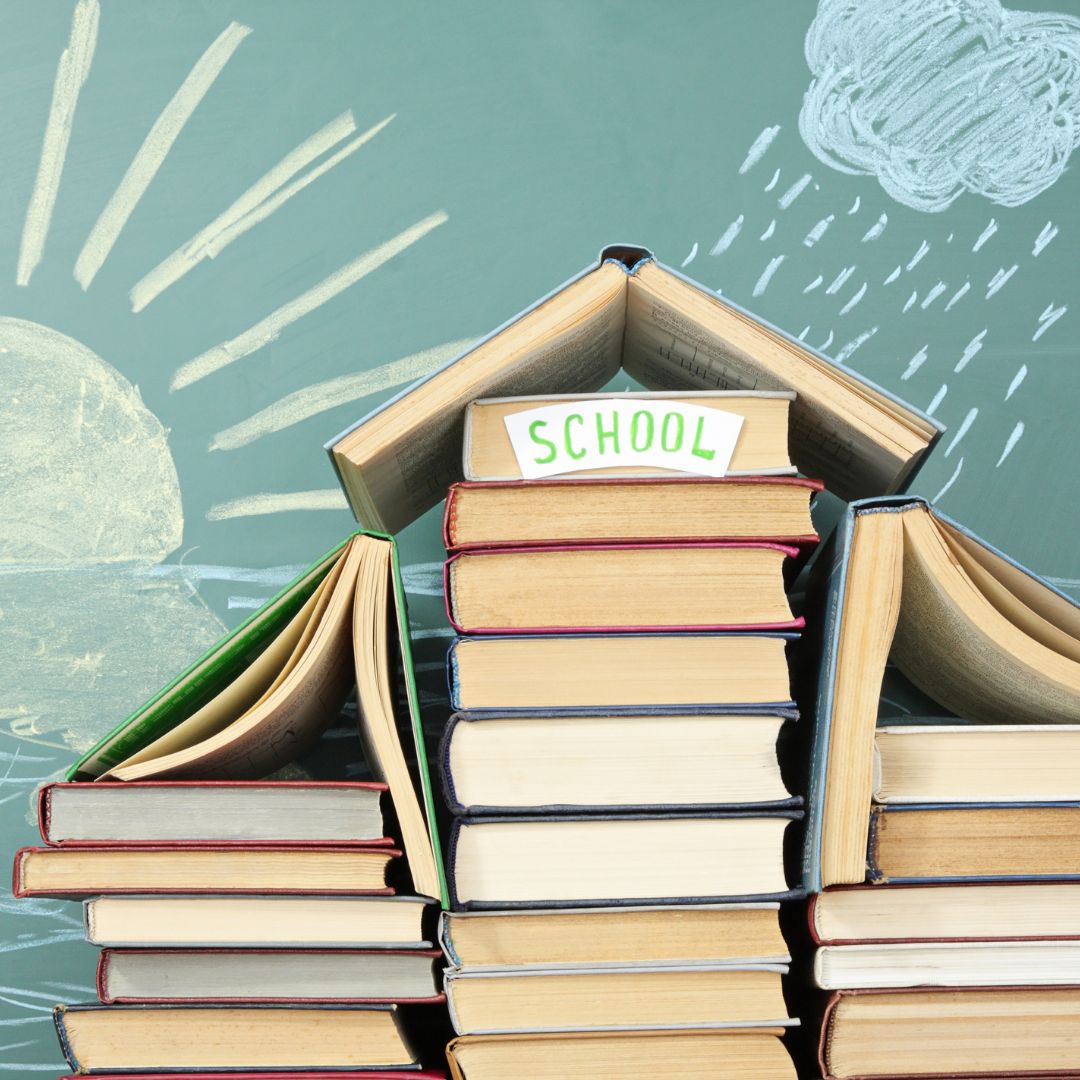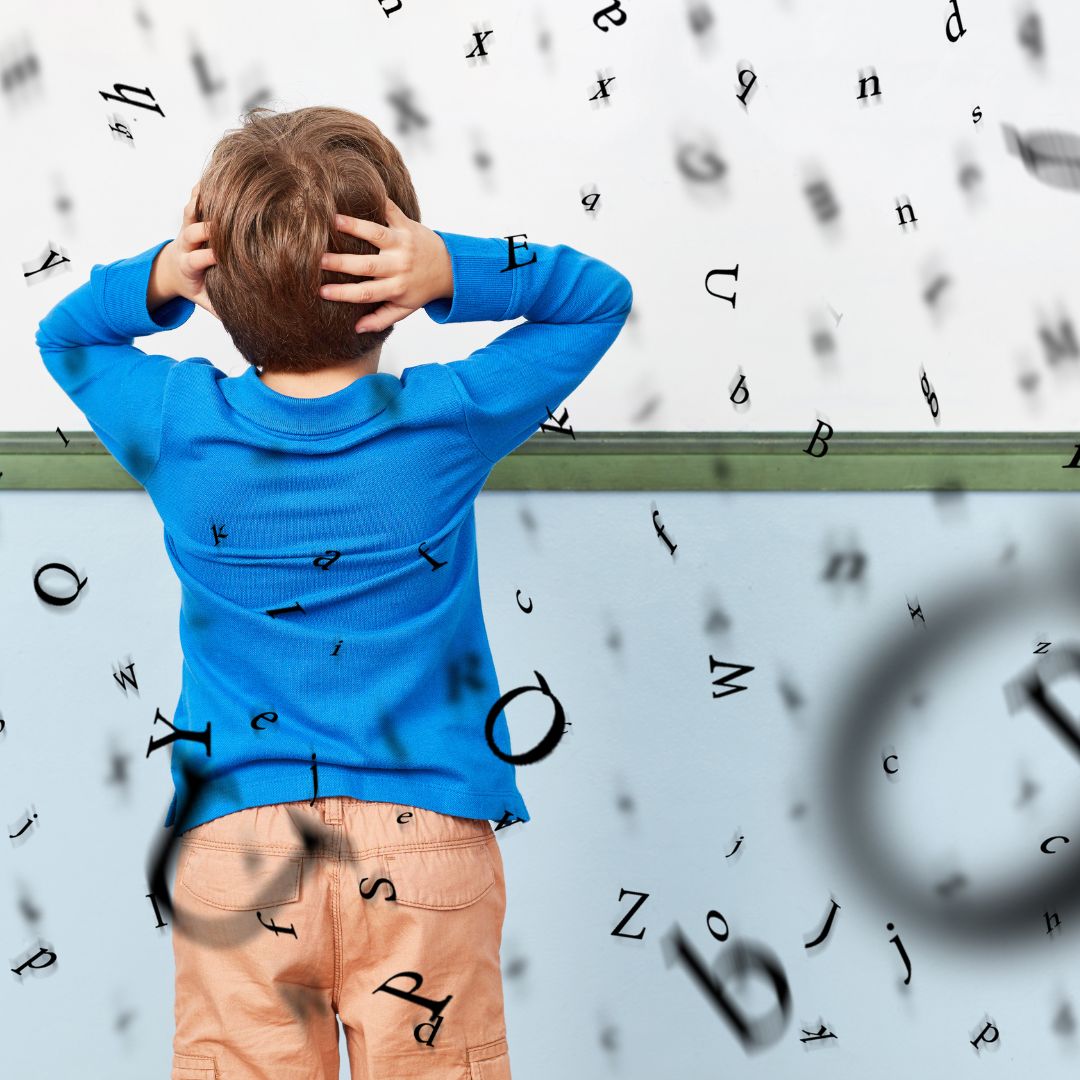With the sudden, unplanned, and in many ways dramatic shift to online learning in the 2019-2020 school year, many have asked the question: What impact has COVID had on student learning? This question has been hotly debated over the last two years. I have spoken with countless educators who all echo a common observation, regardless of subject matter or grade level: there has been a significant decline in student learning since the 2020 shutdowns began. Parents of school-aged children have likely seen and felt the impact of that school year on their children. Data and statistics to quantify what’s been dubbed the “COVID learning loss” are beginning to emerge.
7 min read
Demystifying Dyslexia
By Blythe Wood on Sep 7, 2022 8:00 PM
Perhaps you’ve noticed your Kindergartener or first-grader reverse letters and numbers as they write. Maybe you’ve heard your second or third grader consistently struggle to read out loud. Or it may be that you’ve witnessed your elementary schooler face difficulties in reading fluency, spelling, or getting their thoughts out on a page. Which of these are “normal” parts of learning to read and which signs indicate a child may need additional help? What do parents need to know about the reading process and what should they do if they suspect their child is experiencing atypical reading challenges?
3 min read
Spice Up Summer Reading
By Worthington Christian School on May 12, 2022 8:00 PM
It may sound ironic, but the summer months are some of the most important in the school year. You read that correctly: the summer months play a vital role in a student's academic momentum and growth. According to data collected in 2020 through the MAP Growth assessments, students in 3rd to 5th grade lose an average of 20 percent of their school-year gains in reading over the summer months. Young elementary students are also, and perhaps even more so, at risk of suffering the "summer slide" because they are earlier in the development of their academic skills.
/Logos/Horizontal%20Academic%20Logo%20for%20Light%20Backgrounds.png)
/Logos/Horizontal%20Academic%20Logo%20for%20Dark%20Backgrounds.png)



